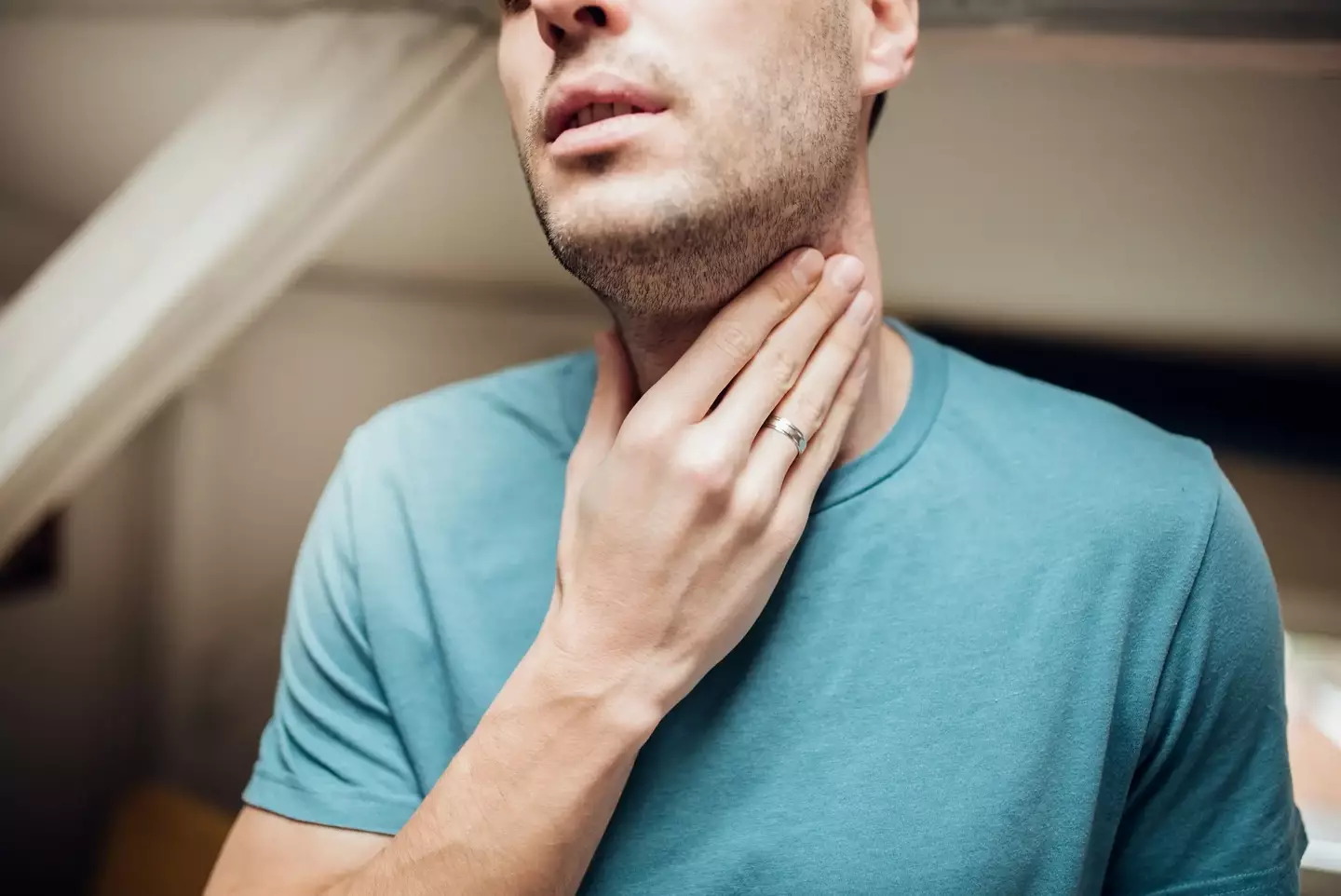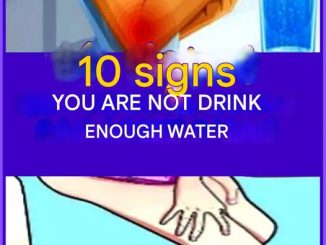When it comes to s****l health and lifestyle choices, new risks are emerging that demand attention. Health experts have flagged a disturbing connection between a particular s** act and the rise of oropharyngeal cancers, often referred to as mouth cancer. This alarming trend underscores the need for greater awareness about the role of human papillomavirus (HPV) in causing these cancers.
What is Driving the Surge in Mouth Cancer Cases?

Over the past two decades, mouth cancer cases have skyrocketed by 133%, according to the State of Mouth Cancer UK Report 2024. This increase is not random; smoking, excessive alcohol consumption, and, most notably, HPV are significant contributors. HPV, a common s***ally transmitted infection, can be transmitted to the mouth, particularly during oral s**.
This growing public health concern has been highlighted by the Oral Health Foundation, which reports over 10,000 cases of mouth cancer annually in the UK alone. These numbers represent a stark warning for individuals engaging in unprotected oral s**.
How HPV Contributes to Mouth Cancer
HPV (human papillomavirus) is a sexually transmitted infection with numerous strains, some of which are known to cause cancer. While HPV is often associated with cervical cancer, it also poses a significant risk to the throat and mouth. When transmitted via oral s**, HPV can embed itself in the tissues of the oropharynx (the middle part of the throat) and trigger cellular changes that may lead to cancer.
Key Facts About HPV and Oral Cancer:
- High-Risk Strains: Certain HPV types, such as HPV-16, are more likely to cause cancer.
- Asymptomatic Nature: Many people with HPV show no symptoms, making transmission more likely.
- Increased Risk with Multiple Partners: Studies indicate that individuals who perform oral s** on multiple partners have nine times the risk of developing oropharyngeal cancer.
Recognizing the Symptoms of Mouth Cancer
One of the most troubling aspects of mouth cancer is its ability to go unnoticed in its early stages. Symptoms can be subtle and are often mistaken for less serious conditions. Knowing what to look for can be lifesaving.
Common Symptoms Include:
- Persistent mouth ulcers lasting over three weeks.
- Pain or difficulty swallowing.
- A lump in the neck, mouth, or on the lip.
- Red or white patches in the mouth.
- Unexplained weight loss.
- Chronic hoarseness or difficulty speaking.
If any of these symptoms persist, seek medical advice promptly. Early detection is crucial, as many cases are diagnosed at advanced stages when treatment options are more limited.
The Role of Lifestyle Choices in Mouth Cancer Risk

While HPV is a significant risk factor, it’s not the sole cause of mouth cancer. Lifestyle habits, such as smoking and heavy alcohol use, also play a major role. Combined with HPV, these factors amplify the likelihood of developing the disease.
Smoking and Alcohol:
- Smoking damages the delicate tissues of the mouth and throat, creating a fertile ground for cancerous growths.
- Excessive Alcohol Consumption further irritates these tissues and weakens the immune system, reducing the body’s ability to fight off HPV infections.
Who is Most at Risk?
Statistics show that mouth cancer disproportionately affects certain groups. According to Dr. Hisham Mehanna from the University of Birmingham, individuals in Western countries are particularly vulnerable, with men over 50 being the most affected demographic. However, younger populations engaging in risky s***al behaviors are increasingly at risk due to the prevalence of HPV.
Key Demographics:
- 66% of diagnosed cases occur in men.
- 90% of cases affect individuals over the age of 50.
- Younger adults are seeing rising rates, likely linked to changes in sexual practices and lower vaccination rates.
Can Mouth Cancer Be Prevented?
The good news is that mouth cancer is often preventable. Taking proactive steps to reduce risk factors can make a significant difference.
Prevention Strategies:
- HPV Vaccination: Getting vaccinated against HPV can drastically reduce the likelihood of developing HPV-related cancers. The vaccine is most effective when administered before becoming sexually active.
- Safe S** Practices: Use protection during oral s** and limit the number of s***al partners to reduce exposure to HPV.
- Quit Smoking and Limit Alcohol: Cutting out smoking and moderating alcohol consumption significantly lower cancer risks.
- Regular Dental Checkups: Dentists can spot early signs of mouth cancer during routine exams, increasing the chances of early diagnosis.
Raising Awareness for Early Detection

Dr. Nigel Carter, CEO of the Oral Health Foundation, emphasizes the importance of spreading awareness about mouth cancer. He notes that too many cases are diagnosed at late stages, often when the cancer has already caused significant damage.
Why Early Detection Matters:
- Improved Survival Rates: Early-stage mouth cancer has a higher treatment success rate.
- Less Invasive Treatments: Diagnosing cancer early often means less aggressive treatments are needed.
- Better Quality of Life: Early intervention minimizes the long-term impact of the disease on a patient’s health and lifestyle.
Conclusion: Protect Yourself and Stay Informed
Mouth cancer is a serious health issue that’s on the rise, largely due to the growing prevalence of HPV. While the statistics are alarming, there’s plenty you can do to reduce your risk. From practicing safe s** and getting vaccinated to recognizing the symptoms and seeking early medical advice, staying informed is your best defense.
Remember, taking proactive steps now can save you from facing a devastating diagnosis later. Protect your health, spread awareness, and encourage others to do the same.


